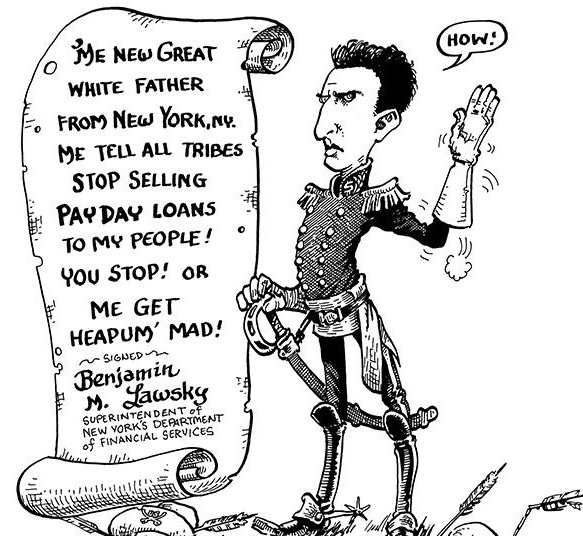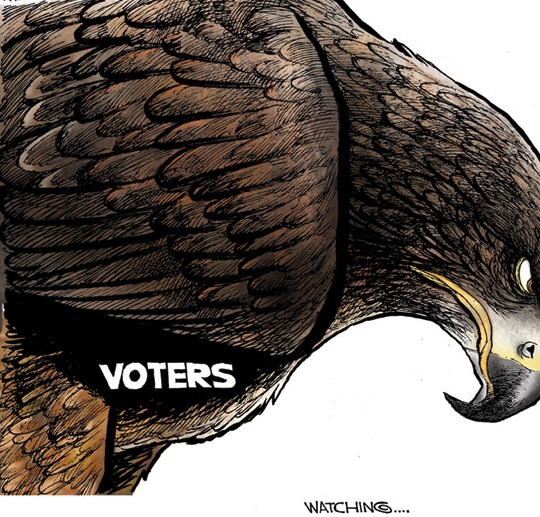Some version of this is recognised by all the EU’s key leaders. Back in July, now-president of the European Commission, Jean-Claude Juncker, called for a €300 billion public-private investment program. European Central Bank (ECB) president Mario Draghi lent his support to the idea in his Jackson Hole speech, acknowledging that the eurozone is suffering from deficient aggregate demand.
And former EU Commission president, Mario Monti, has said that public investment has been crushed by the Stability and Growth Pact and relentless austerity drive undertaken across the continent in its name. The IMF also highlighted that public investment is currently as close to a free lunch as it ever gets in its latest World Economic Outlook. So countries renege on their grandchildren’s possibilities by not going for it.
For far too long, the debate in Europe was exclusively focused on the liability side of the public ledger: debt. But it is the asset side – whether or not investment is made in public infrastructure such as transport and energy, health, education and research – that is far more relevant in shaping the future. Creating a joint treasury for eurozone members would be a simple and straightforward way of doing this.
This euro treasury would act as a vehicle to pool future eurozone public investment spending and have it funded by proper eurozone treasury securities. The euro treasury would allocate investment grants to member states based on their GDP shares. And it would collect taxes to service the interest on the common debt, also exactly in line with member states’ GDP shares.
The arrangement amounts to a rudimentary fiscal union, not a transfer union though, as benefits and contributions are shared proportionately. Nor would the joint public debt issued for investment purposes cancel out any existing national debts. Instead, the euro treasury securities would provide the means to fund the joint infrastructure spending which is the basis for the union’s joint future.
Currently, eurozone public investment spending is at a very depressed level of around 2% of members’ GDP. Public investment should be boosted to 3 or 4% of GDP for a few years and thereafter grow at an annual rate of, say, 5%. Once the key parameters are set, there would be no discretion in fiscal decision making at the centre.
Public investment should be debt financed. Member states would still be required to abide by all the rules of the current euro regime, but this would apply to current public expenditures only – as national public capital expenditures would form a separate capital budget funded through common securities.
Lacking a euro treasury partner and euro treasury debt, the ECB is subject to legal challenges to its quasi-fiscal policies, as applied to national debts. There is little the ECB can safely buy without opening the can of worms that has the “transfer union” label on it – the unpopular idea that the wealthier sections of the eurozone must prop up the poorer parts. The euro treasury would establish the vital axis of power between treasury and central bank.
And, while the flawed euro regime has caused a massive investment slump, the treasury scheme would steady public investment spending. This would safeguard the eurozone’s infrastructure and common future – and it would also help stabilise economic activity and investment spending generally.
With public investment organised at the centre and funded through common debt, national public debt ratios can decline to low and safe levels. The term structure of euro treasury debt would become the common benchmark for financial instruments issued by debtors of euro member-states, irrespective of nationality – the promise of the common market and common currency would finally be fulfilled.
The original euro experiment has failed and it is high time to relaunch it on sounder footing. The euro treasury would not only heal the euro’s potentially fatal birth defects but would also contribute to overcoming the ongoing crisis.










